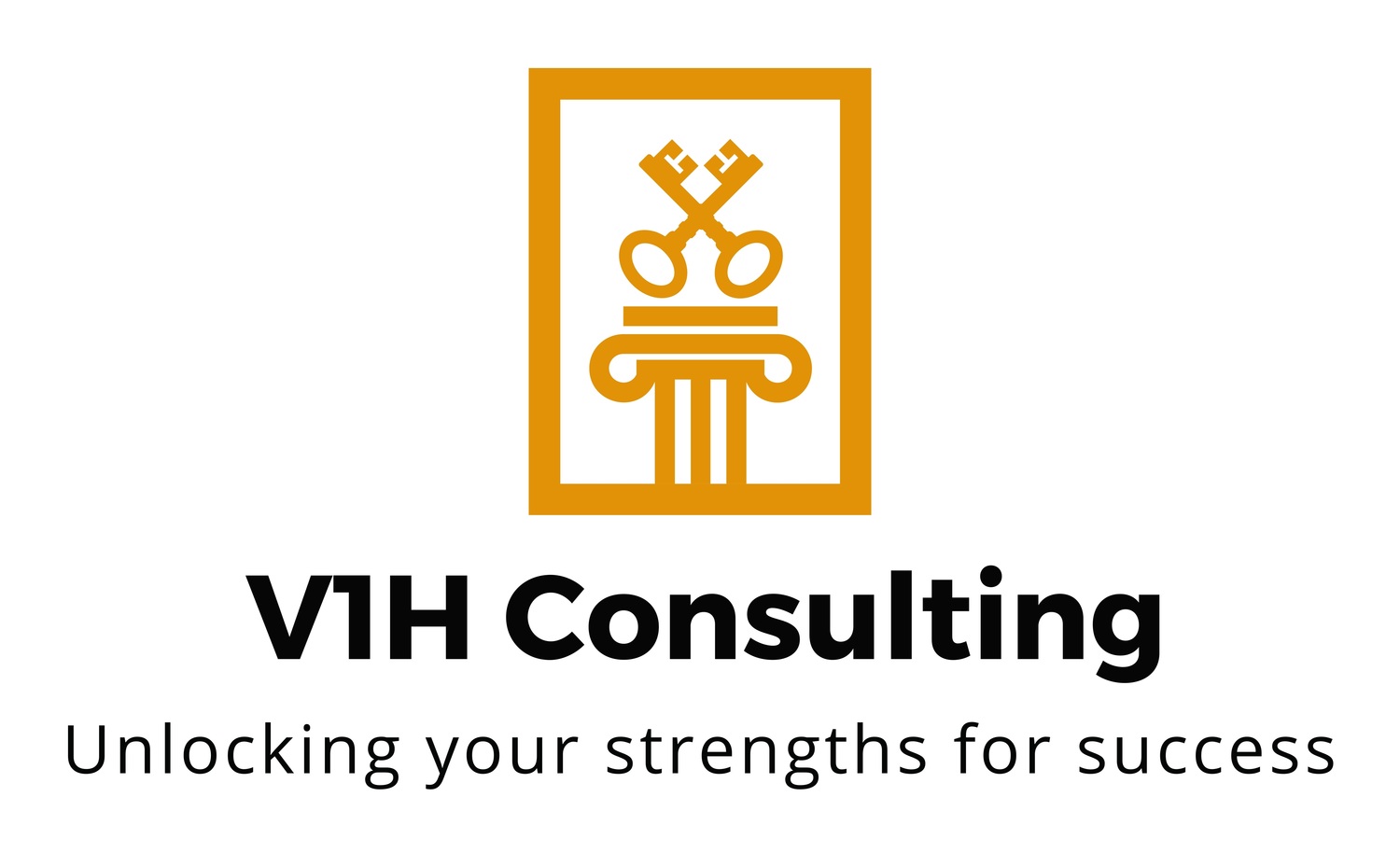A Strengths Based Approach
Martha Beck is credited with coining the quote, “How you do anything is how you do everything”. This quotation has been widely used in a variety of training seminars, motivational talks and many books and periodicals. It would suggest that how you manage most situations, challenges or other experiences in your life is probably a good indication of how you handle almost all of the occurrences in your life. When I first heard this quote in a leadership seminar a few years ago, I wasn’t quite sure if this was really true and, if it was, how I would process this information. Typically, statements that include words like anything or everything are usually very broad expressions and, quite frankly, I interpret them with guarded reservations. For example, when I looked at the relationships that I have had in my life, or some of the actions that I have taken, I didn’t necessarily see a correlation to that statement. My relationships varied widely and because I may procrastinate on doing yard work that didn’t necessarily mean that I procrastinated in doing other things, especially things that I enjoyed doing. Also, while my desk may get a little messy, my car stays clean. And, I certainly would not want to compare how I play basketball or sing, for example, with how I do other things in my life. So, while I did see some things that fit in this model, my personal experiences didn’t seem to fit this doctrine consistently enough to solidify it in my consciousness.
Do you ever wonder why you make certain choices? Why you do what you do? Why you like certain things? In my last article, titled “YUR” which talked about how your talents and strengths determine why you do what you do, leads to the connection between strengths and the do everything scenario. Under the concept of “YUR” I have suggested that the core of why you do what you do is driven by using your strengths. As I viewed the do everything statement through the strengths lens, I could see a more definitive pattern that gave credence to this premise. As I developed the “YUR” concept, as it relates to StrengthsFinder, I began to see a pattern that provided more credibility to the notion that “how you do anything is how you do everything”. By looking at this quote in this new context, I saw it’s meaning in an entirely new perspective.
There are obviously some things we don’t do well. Strengths psychology pioneer Dr. Donald O. Clifton asked the question, “What will happen when we think about what is right with people instead of fixating on what is wrong?” This philosophy dictates that it is better to focus on the things that we do well. Why are we better at some things than others? There is a reason: It’s our talents. Our talents help us to understand why you are the way you are – ergo, your “YUR”. Knowing your talents helps us to understand how we naturally think and feel and they can shed light into our behaviors. Talents are aptitudes, personality traits and interpersonal characteristics like empathy, strategic thinking and assertiveness. These are things that you are born with. Infused with knowledge and the development of skills, these talents will become our strengths. These are enduring qualities in each of us because they are basically hardwired in our brains. In short, they affect our ability to reach our goals and desired outcomes. So, when you are using your talents and working in your strengths you can feel confident that when you do anything that you will find consistency in how you do everything and you can achieve the results that you desire when you know your talents and use your strengths to succeed.
When we look at others, such as, mentors, role models, leaders, etc. we look to them for inspiration and guidance but we also look to them to see if they do anything/everything consistently. Those that we admire for their accomplishments and are at the top of their game in what they do are using their strengths at the highest levels. Whether they are athletes, entertainers or in leadership positions they have discovered their talents and honed them to gain the maximum affect. It is their dedication, tenacity and work ethic that are driven and supported by their strengths. They repeat what has been working for them while enhancing their skills to improve outcomes. For example, a basketball player uses his or her skills as a 3-point shooter to have maximum impact on the game, entertainers use their talents to regale their audiences and leaders use their strengths to influence others to initiate change.
Therefore, I have determined that this notion of how you do anything is how you do everything can be a good thing. If you harness your talents and nurture them and ultimately make them your strengths, you too can use them to achieve your desired results. I encourage you commit to growing your strengths and use them to do everything. When you master the art of unlocking your strengths and step into the version of yourself that uses your strengths to do anything, then you will find that how you do everything will result in more positive results.
Management expert, Peter Drucker says, “everyone ought to know what their strengths are’. How you do anything is how you do everything when guided by your strengths creates patterns of success. Your strengths are your means of making positive contributions in the world. Your strengths are your inborn, hard-wired resources for good works. If you’re not making the most of your strengths, everyone's missing out. Start maximizing your strengths.
Discover, Declare and Develop your Strengths:
“If you are not focusing on your strengths then what are you focusing on?”
Because there’s a 1 in 33 million chance of you having the same top 5 talents in the same order as someone else, YOU are unique. Be inspired to live in your strengths zone. Join us in the world of strengths. Focus on Your Strengths.
If you have any questions about anything that you have read in this article, or you’d like to talk to us about helping your team to understand the power of Strengths then connect with us today to see if we might be a good fit to help your team or organization build a Strengths Based culture.
Larry Hammond, Sr.
Start your Strengths Journey with our Basic Introduction Course




